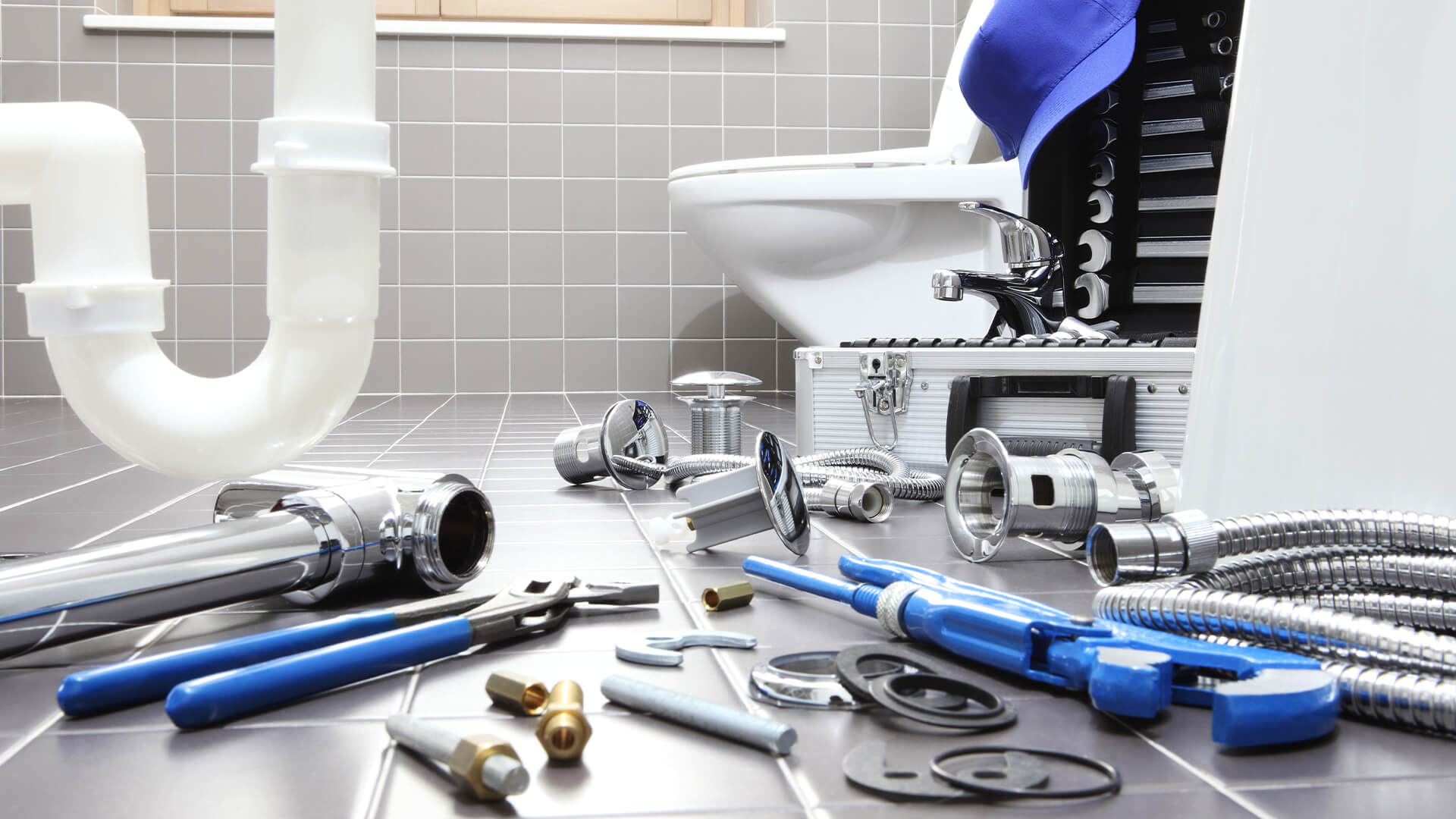

Articles
How Long Does It Take To Get Plumbing License
Modified: January 23, 2024
Looking for articles about how long it takes to get a plumbing license? Find all the information you need in this comprehensive guide.
(Many of the links in this article redirect to a specific reviewed product. Your purchase of these products through affiliate links helps to generate commission for Storables.com, at no extra cost. Learn more)
Introduction
Obtaining a plumbing license is a significant milestone in the career of a professional plumber. It not only demonstrates their expertise and skills but also opens doors to better job opportunities and increased earning potential. However, the process of getting a plumbing license can vary depending on several factors. In this article, we will explore how long it typically takes to get a plumbing license and the necessary steps involved.
Before diving into the details, it’s important to note that the requirements and procedures for obtaining a plumbing license can differ from one jurisdiction to another. Each state or region may have its own specific regulations and guidelines. Therefore, it is advisable to research and consult the local plumbing licensing board or authority to get accurate and up-to-date information.
That being said, there are common factors and steps involved in the licensing process, which we will discuss in the following sections. These include educational qualifications, apprenticeship requirements, documentation, examinations, and the overall duration of the licensing process.
So, if you are considering a career in plumbing or are already working as a plumber and aiming to become licensed, read on to learn more about the time it takes to obtain a plumbing license and the necessary steps involved.
Key Takeaways:
- Becoming a licensed plumber involves completing educational qualifications, apprenticeship requirements, and specific documentation. The process varies by location and can take several years, but the benefits of increased job opportunities and earning potential make it worthwhile.
- Obtaining a plumbing license demonstrates professionalism, expertise, and commitment to safety. It opens doors to higher-paying jobs, legal compliance, and continuous professional development through networking and access to industry resources.
Read more: How Long Does It Take To Get A HVAC License
Requirements for obtaining a plumbing license
To become a licensed plumber, you need to fulfill certain requirements that demonstrate your knowledge, skills, and professionalism in the field. While these requirements can vary depending on your location, there are some common criteria that you will likely encounter. Here are the key requirements for obtaining a plumbing license:
- Educational qualifications:
- Apprenticeship requirements:
- Specific documentation needed:
- Relevant examinations and tests:
Most jurisdictions require aspiring plumbers to complete a formal education in plumbing. This typically involves attending a trade school or vocational program that offers courses in plumbing systems, pipefitting, safety protocols, and related subjects. These educational programs provide the necessary theoretical knowledge and practical skills to work effectively in the field.
In addition to formal education, completing an apprenticeship program is often a mandatory requirement for obtaining a plumbing license. An apprenticeship provides hands-on training under the guidance of experienced plumbers. During this period, which can last from 2 to 5 years, aspiring plumbers learn about various aspects of the trade, gain practical experience, and develop the necessary skills to work independently.
When applying for a plumbing license, you will need to provide certain documentation to prove your eligibility. This usually includes a completed application form, proof of education (such as diplomas or certificates), proof of completion of an apprenticeship program, and any other relevant documents as required by your local licensing authority.
In most jurisdictions, aspiring plumbers are required to pass certain examinations and tests to demonstrate their knowledge and proficiency. These exams may cover topics such as plumbing codes, regulations, safety practices, and practical skills assessments. The specific exams and their formats may vary, so it is important to familiarize yourself with the requirements of your local licensing authority.
By meeting these requirements, you can prove your competence as a plumber and increase your chances of obtaining a plumbing license. However, it’s important to note that the duration of the licensing process can vary depending on several factors, which we will discuss in the next section.
Educational qualifications
Obtaining a plumbing license requires a solid educational foundation in the field. Most jurisdictions have specific requirements when it comes to educational qualifications for aspiring plumbers. Here are some key aspects of the educational qualifications needed to pursue a plumbing license:
1. Trade School or Vocational Program:
One of the main educational paths to becoming a licensed plumber is attending a trade school or vocational program that offers plumbing courses. These programs provide a comprehensive curriculum that covers various aspects of plumbing, including pipefitting, plumbing systems, blueprint reading, safety protocols, and more. By completing these courses, aspiring plumbers gain a strong theoretical understanding of plumbing principles and practices.
2. Accreditation and Certification:
When choosing a trade school or vocational program, it’s important to ensure that the institution is accredited and recognized by relevant authorities in the field of plumbing. Accreditation ensures that the program meets certain quality standards and provides a recognized qualification upon completion. Additionally, some programs may offer certifications or industry-recognized qualifications that can further enhance your credentials as a plumber.
3. On-the-Job Training:
In addition to classroom education, many plumbing programs also incorporate hands-on training components. This allows students to gain practical experience working with plumbing tools, materials, and equipment. On-the-job training not only helps students develop essential plumbing skills but also exposes them to real-world scenarios and challenges that they may encounter in their future careers.
4. Continuing Education:
Even after acquiring a plumbing license, it is important for plumbers to stay updated with the latest industry trends, techniques, and regulations. Many licensing boards require plumbers to complete continuing education courses to maintain their licenses. This ensures that plumbers remain knowledgeable and skilled in their profession.
5. Apprenticeships:
While apprenticeships are not strictly classified as part of the educational qualifications, they provide invaluable hands-on training and practical experience. Completing an apprenticeship program is often a mandatory requirement for obtaining a plumbing license. During the apprenticeship, aspiring plumbers work under the guidance of experienced professionals, allowing them to apply their theoretical knowledge in real-world plumbing projects.
By fulfilling the educational qualifications, aspiring plumbers can build a solid foundation for their plumbing career and increase their chances of obtaining a plumbing license. However, it’s important to note that the specific educational requirements may vary depending on your location. It is advisable to research the requirements set by your local licensing authority or consult with professionals in the field to ensure you meet all the necessary qualifications.
Apprenticeship requirements
An apprenticeship is an essential component of becoming a licensed plumber. It provides aspiring plumbers with hands-on training and practical experience under the guidance of experienced professionals. The requirements for apprenticeships may vary depending on your location and the specific regulations set by your local licensing authority. However, here are some common aspects of apprenticeship requirements:
1. Duration:
The duration of an apprenticeship can vary, typically ranging from 2 to 5 years. During this time, apprentices work alongside experienced plumbers, learning the practical aspects of the trade and gaining valuable on-the-job experience. The duration may be influenced by factors such as the complexity of the plumbing systems in your area, the number of required training hours, and the specific regulations of your local licensing authority.
2. Hours and Work Experience:
Apprenticeships typically require a certain number of hours of work experience in order to complete the program. This can range from a few thousand to several thousand hours, depending on the jurisdiction. These work hours are designed to provide apprentices with exposure to various plumbing tasks and technologies, ensuring they develop a well-rounded set of skills in areas such as installation, repair, and maintenance.
3. Classroom Instruction:
In addition to on-the-job training, apprenticeships often include classroom instruction. This classroom component is designed to supplement the hands-on experience with theoretical knowledge and ensure a comprehensive understanding of plumbing principles, codes, regulations, and safety practices. The specific number of classroom hours required may vary, but it is typically a smaller portion compared to the on-the-job training component.
4. Mentorship and Supervision:
During an apprenticeship, apprentices work closely with experienced plumbers who serve as their mentors and supervisors. These professionals provide guidance, instruction, and evaluation, helping apprentices develop their skills and ensuring they adhere to industry standards and best practices. The mentorship aspect of an apprenticeship is crucial in facilitating skill development and instilling professionalism in aspiring plumbers.
5. Apprentice Registration or Licensing:
Before starting an apprenticeship, you may need to register or obtain an apprentice license from your local licensing authority. This ensures that you are officially recognized as an apprentice and that you are eligible to work and learn under the supervision of a licensed plumber. The registration process may involve submitting required documentation and paying any associated fees.
By meeting the apprenticeship requirements, aspiring plumbers acquire valuable hands-on experience and develop the necessary skills to become competent professionals in the field. This practical training greatly enhances their chances of obtaining a plumbing license and succeeding in their plumbing careers.
Specific documentation needed
When applying for a plumbing license, you will typically need to provide specific documentation to demonstrate your eligibility and qualifications. The exact documentation required may vary depending on your location and the regulations set by your local plumbing licensing authority. However, here are some common documents that are often required:
1. Completed Application Form:
You will need to fill out an application form provided by the licensing authority. This form usually requires personal information such as your name, contact details, and relevant background information. The form may also ask for details about your educational qualifications and work experience.
2. Proof of Education:
You will likely need to provide proof of your educational qualifications, such as diplomas, certificates, or transcripts from trade schools or vocational programs. These documents serve as evidence that you have completed the required educational requirements and have gained the necessary knowledge and skills in plumbing.
3. Proof of Apprenticeship Completion:
If you have completed an apprenticeship program as part of your journey to becoming a plumber, you will need to submit proof of completion. This can include documents such as letters of recommendation from your supervising plumber, certificates of completion from the apprenticeship program, or any other official documentation that validates your apprenticeship experience.
4. Identification Documents:
You will need to provide identification documents to verify your identity. This can include a valid government-issued identification card, driver’s license, passport, or any other document that is accepted by the licensing authority as proof of identity.
5. Work Experience Verification:
In some cases, you may be required to provide verification of your work experience in the plumbing field. This can be in the form of employment records, letters of recommendation from previous employers, or any other documentation that clearly demonstrates your practical experience in plumbing.
6. Application Fee:
Most licensing applications require the payment of a fee. The fee amount can vary depending on your location and the type of license you are applying for. It is important to check with your local licensing authority for the specific fee amount and acceptable payment methods.
7. Background Checks:
In certain jurisdictions, you may be required to undergo a background check as part of the licensing process. This is done to ensure that you have a clean criminal record and are fit to work in the plumbing industry. The process may involve providing fingerprints or other identifying information for the background check to be conducted.
It is important to gather all the necessary documents and ensure they are properly prepared and organized before submitting your licensing application. Failing to provide the required documentation may result in delays or even rejection of your application.
Remember to consult the specific requirements set by your local plumbing licensing authority for accurate and up-to-date information on the documentation needed for obtaining a plumbing license.
Read more: How Long Does Plumbing Take
Relevant examinations and tests
As a part of the licensing process for becoming a plumber, you will likely need to undergo relevant examinations and tests to assess your knowledge, skills, and proficiency in the field. These examinations and tests are designed to ensure that you meet the necessary standards and have a comprehensive understanding of plumbing principles, codes, regulations, and safety practices. Here are some common types of examinations and tests that you may encounter:
- Theoretical Knowledge Exams:
- Practical Skills Assessments:
- Plumbing Code Exams:
- Written and Oral Examinations:
These exams assess your understanding of plumbing theory, including topics such as pipefitting, plumbing systems, blueprint reading, and codes and regulations. These exams typically consist of multiple-choice questions or written responses. They require you to demonstrate your knowledge and problem-solving abilities in various plumbing scenarios.
Practical skills assessments evaluate your ability to perform various plumbing tasks and procedures. These assessments are often hands-on and can involve tasks such as installation, repair, maintenance, and troubleshooting of plumbing systems. You may be required to demonstrate your proficiency in using plumbing tools and equipment, interpreting plumbing diagrams, and applying proper safety measures.
Plumbing codes govern the design, installation, and maintenance of plumbing systems to ensure safety and compliance with regulations. Plumbing code exams test your understanding of these codes and your ability to apply them correctly in different plumbing scenarios. These exams assess your knowledge of local plumbing codes, national plumbing codes such as the International Plumbing Code (IPC), and any additional regulations specific to your jurisdiction.
Some licensing authorities may require written or oral examinations to assess your overall understanding of the plumbing industry. These exams may cover a range of topics, including technical knowledge, ethics, business practices, and customer service skills. Written exams typically involve answering essay-style questions, while oral exams require you to verbally respond to questions posed by a panel or examiner.
It is important to familiarize yourself with the specific examination requirements established by your local plumbing licensing authority. This will give you a clear understanding of the format, content, and passing criteria for each exam. Preparing for these examinations may involve studying plumbing textbooks, attending review courses, and practicing hands-on skills to ensure you are well-prepared to demonstrate your abilities.
By successfully passing these examinations and tests, you can prove your competency as a professional plumber and increase your chances of obtaining a plumbing license. Remember to carefully review the examination guidelines, understand the test format, and allocate sufficient time for preparation.
The time it takes to get a plumbing license varies by state, but typically involves completing an apprenticeship, passing an exam, and meeting other requirements. Check with your state’s licensing board for specific details.
Duration of licensing process
The duration of the licensing process for obtaining a plumbing license can vary significantly depending on several factors. While it is challenging to provide an exact timeframe as requirements differ between jurisdictions, it is helpful to have a general understanding of the typical duration. Here are some factors that can influence the duration of the licensing process:
1. Education and Apprenticeship Requirements:
The time required to complete the educational and apprenticeship requirements plays a significant role in the overall duration of the licensing process. For those starting from scratch, it may take several years to complete the necessary education and apprenticeship programs. The duration of these programs can vary, typically ranging from 2 to 5 years for apprenticeships and several months to a couple of years for educational programs.
2. Examinations and Tests:
The time needed to prepare for and complete the required examinations and tests can also impact the overall duration of the licensing process. Some exams may be scheduled at specific times, while others may require a waiting period between attempts. The preparation time for exams can vary based on individual study habits and the complexity of the exams themselves.
3. Application Processing Time:
The duration of the application processing time can vary depending on the efficiency of the plumbing licensing authority. It is important to submit a complete and accurate application with all the necessary documentation to avoid any delays. However, even with a well-prepared application, the processing time can range from a few weeks to several months.
4. Background Checks and Legal Requirements:
If your jurisdiction requires background checks or additional legal requirements, such as fingerprinting or character references, the time taken to complete these processes can add to the overall duration of the licensing process. These additional steps are put in place to ensure the safety and integrity of the plumbing industry and may vary in terms of time requirements.
5. Administrative Factors:
Administrative factors, such as scheduling availability for exams, availability of instructors for apprenticeships, and staffing levels at the licensing authority, can also impact the duration of the licensing process. These factors are outside of the control of the individual applicant but may influence the overall timeframe.
It is important to note that the duration mentioned here is a general guideline and may differ from one jurisdiction to another. It is advisable to research the specific requirements and processes established by your local plumbing licensing authority to obtain accurate information on the estimated duration for your particular situation.
While the licensing process may take time and require dedication, it is important to remember that obtaining a plumbing license is a significant achievement. It demonstrates your professionalism, expertise, and commitment to the plumbing industry, opening doors to more opportunities and a rewarding career.
Factors that can affect the timeframe
Several factors can influence the timeframe for obtaining a plumbing license. While the exact duration will depend on your location and specific circumstances, understanding these factors can help you manage your expectations and ensure a smoother licensing process. Here are some key factors that can affect the timeframe:
1. Licensing Authority Procedures:
The processes and procedures implemented by the licensing authority can significantly impact the timeframe for obtaining a plumbing license. The efficiency and responsiveness of the authority in processing applications, scheduling exams, and conducting evaluations can either expedite or delay the process. It is essential to have a clear understanding of the requirements and timelines established by the licensing authority in your jurisdiction.
2. Application Preparation:
The duration of the licensing process can be affected by the time it takes to prepare a complete and accurate application. Gathering the required documentation, filling out application forms, and ensuring that all necessary information is provided can take time. Incomplete or incorrect applications may be returned, resulting in further delays. Spending sufficient time on thorough preparation can help minimize potential roadblocks and streamline the licensing process.
3. Educational Programs and Apprenticeships:
The duration of educational programs and apprenticeships can vary, impacting the overall timeframe for obtaining a plumbing license. Completing the required courses, apprenticeship hours, and on-the-job training can take several years. It is essential to research and select reputable educational institutions and apprenticeship programs that meet the licensing authority’s criteria and offer comprehensive training.
4. Availability of Examinations and Tests:
The availability and scheduling of examinations and tests can affect the timeframe. Some exams may only be offered at specific intervals, requiring you to wait for the next available slot. Additionally, the time required to adequately prepare for exams can vary depending on the complexity of the content and individual study habits. Planning and prioritizing exam preparation can help ensure sufficient time to acquire the necessary knowledge and skills.
5. Background Checks and Legal Requirements:
If your jurisdiction requires background checks, fingerprinting, or other legal requirements, the time taken to complete these processes can impact the licensing timeframe. Background checks may take time to process, and any issues that arise from them may require further review. It is important to complete these steps promptly and accurately to avoid any unnecessary delays.
6. Personal Commitment and Dedication:
Your personal commitment and dedication to meeting the requirements and deadlines can significantly influence the licensing timeframe. Proactively staying organized, submitting applications and required documentation promptly, and completing educational programs and apprenticeships in a timely manner can help expedite the process. Being proactive and responsive throughout the licensing process can contribute to achieving your goal more efficiently.
While these factors can affect the timeframe for obtaining a plumbing license, it is important to note that each individual’s journey may differ. By being proactive, staying informed, and diligently following the guidelines set by the licensing authority, you can navigate the licensing process effectively and enhance your chances of obtaining a plumbing license in a reasonable timeframe.
Cost of obtaining a plumbing license
Obtaining a plumbing license involves various expenses that aspiring plumbers need to consider as they pursue their goal of becoming licensed professionals in the field. The cost of obtaining a plumbing license can vary depending on several factors, including your location, the specific requirements set by the licensing authority, and the educational and examination processes involved. Here are some common expenses to be aware of:
1. Education and Training Costs:
The cost of acquiring the necessary education and training is an important consideration. This includes tuition fees for trade schools or vocational programs where you gain the theoretical knowledge and skillset required for the trade. Additionally, apprenticeship programs often require apprentices to pay for materials, tools, and safety equipment necessary for on-the-job training. The cost of educational programs and apprenticeships can vary significantly depending on the institution, program structure, and geographic location.
2. Examination and Licensing Fees:
Most licensing authorities require aspiring plumbers to pass examinations to demonstrate their knowledge and skills. These exams are typically accompanied by fees that vary depending on the regulatory body and the specific exams required. Some jurisdictions may charge separate fees for written exams, practical skills assessments, and licensing application processing. It is important to familiarize yourself with these fees as part of your overall cost estimation.
3. Application and Registration Costs:
When applying for a plumbing license, you will likely incur application and registration fees charged by the licensing authority. These fees cover the administrative costs associated with reviewing and processing your application. The fees may vary depending on your location and the type of license you are applying for.
4. Continuing Education Expenses:
Once you obtain a plumbing license, many jurisdictions require licensed plumbers to complete continuing education courses to maintain their licenses. These courses ensure that plumbers stay updated with the latest industry advancements, regulations, and safety practices. The cost of continuing education courses can vary depending on the provider, the number of hours required, and the specific topics covered.
5. Background Check and Documentation Costs:
In some jurisdictions, background checks and other documentation requirements may be necessary for obtaining a plumbing license. These additional costs can include fees for fingerprinting, criminal record checks, and obtaining necessary documentation such as transcripts and letters of recommendation.
It is important to research and understand the specific fees and costs associated with obtaining a plumbing license in your jurisdiction. This will allow you to budget and plan accordingly. Additionally, if financial constraints are a concern, it may be beneficial to explore potential scholarships, grants, or financial assistance programs that could help offset some of the costs associated with education and training.
While the expenses involved in obtaining a plumbing license may seem significant, it is important to recognize the long-term benefits and opportunities that come with being a licensed professional. A plumbing license can open doors to higher-paying jobs, increased job security, and the ability to work independently or establish your own plumbing business.
Read more: How To Get Plumbing Contractor License
Importance of obtaining a plumbing license
Obtaining a plumbing license is essential for anyone pursuing a career in the plumbing industry. It serves as a mark of professionalism, expertise, and competence in the field. While the process of obtaining a license may involve time, effort, and financial investment, the benefits and importance of becoming a licensed plumber are undeniable. Here are some key reasons why obtaining a plumbing license is crucial:
1. Legal Requirement:
In most jurisdictions, practicing plumbing without a proper license is illegal. Holding a plumbing license ensures that you are operating within the confines of the law and meeting the regulatory requirements set by local authorities. By obtaining a license, you demonstrate your commitment to adhering to industry standards, regulations, and safety practices.
2. Professional Credentials:
A plumbing license enhances your professional credentials and distinguishes you from unlicensed individuals in the field. It demonstrates to potential clients, employers, and colleagues that you have the necessary skills, knowledge, and experience to perform plumbing work to a high standard. Being licensed can significantly boost your credibility and reputation within the industry.
3. Increased Job Opportunities:
Having a plumbing license opens up a wider range of job opportunities. Many employers prioritize hiring licensed plumbers due to the trust and assurance that comes with a recognized qualification. Additionally, some projects or contracts may specifically require licensed plumbers, allowing you access to more lucrative and higher-profile jobs.
4. Higher Earning Potential:
Licensed plumbers typically have higher earning potential compared to their unlicensed counterparts. The skills and expertise demonstrated through licensure can command better compensation as clients and employers are willing to pay a premium for the services of a licensed professional. As you gain experience and establish your reputation, you can command higher rates for your plumbing services.
5. Health and Safety:
Plumbers play a crucial role in ensuring the health and safety of the public. By obtaining a license, you demonstrate your understanding of plumbing codes, regulations, and safety practices, which are designed to prevent hazards and maintain the integrity of plumbing systems. Being licensed means you can confidently handle plumbing installations, repairs, and maintenance to protect the health and well-being of those using the plumbing systems you work on.
6. Professional Development and Networking:
Many licensing authorities offer continuing education opportunities and resources for licensed plumbers. These opportunities allow you to stay up-to-date with the latest advancements, techniques, and regulations in the plumbing industry. Additionally, being part of a licensed community provides networking opportunities with other professionals, allowing for knowledge sharing, mentorship, and potential collaborations.
Obtaining a plumbing license is not only a personal achievement but also a commitment to professionalism, safety, and excellence in the plumbing industry. It provides a solid foundation for a successful and fulfilling career as a plumber, offering opportunities for personal growth, job advancement, and financial stability.
Remember, the specific requirements for obtaining a plumbing license may vary depending on your location. It is crucial to research and understand the licensing regulations and processes established by your local plumbing authority to ensure compliance and a successful licensing journey.
Conclusion
Obtaining a plumbing license is a significant step in the career of a professional plumber. It not only showcases your expertise, knowledge, and skills but also opens up a world of opportunities and benefits. Throughout this article, we have explored the various factors involved in obtaining a plumbing license, including educational qualifications, apprenticeship requirements, documentation, examinations, and the overall duration of the licensing process.
It is important to understand that the specific requirements and processes for obtaining a plumbing license can vary from one jurisdiction to another. It is advisable to research and consult with your local plumbing licensing authority to ensure you have accurate and up-to-date information regarding the licensing requirements in your area.
Completing the necessary educational qualifications, such as trade school or vocational programs, and fulfilling apprenticeship requirements provide a solid foundation for your plumbing career. These experiences give you a theoretical understanding of plumbing principles and offer practical, hands-on training that is essential for success in the field.
Alongside education and apprenticeships, it is crucial to prepare and provide the required documentation accurately and promptly. This includes filling out application forms, providing proof of education and apprenticeship completion, and any other documentation specified by the licensing authority.
Examinations and tests are crucial components of the licensing process, allowing you to demonstrate your knowledge, skills, and understanding of plumbing principles and codes. Proper preparation, including studying plumbing textbooks and practicing real-world scenarios, can greatly contribute to your success in these assessments.
While the licensing process may seem time-consuming and financially demanding, the benefits of obtaining a plumbing license outweigh the challenges. A plumbing license not only ensures your compliance with legal requirements but also enhances your professional credentials, expanding your job opportunities and earning potential in the industry.
Furthermore, being a licensed plumber means that you prioritize health and safety, as you adhere to plumbing codes and regulations to prevent hazards and provide reliable plumbing services. It also allows for continuous professional development through networking opportunities, access to industry resources, and the ability to stay updated on the latest advancements.
In conclusion, obtaining a plumbing license is a significant achievement that can set you apart in the competitive field of plumbing. It demonstrates your commitment to professionalism, expertise, and lifelong learning. By completing the necessary requirements, obtaining practical experience, and ensuring compliance with local regulations, you are paving the way for a successful and rewarding plumbing career.
Frequently Asked Questions about How Long Does It Take To Get Plumbing License
Was this page helpful?
At Storables.com, we guarantee accurate and reliable information. Our content, validated by Expert Board Contributors, is crafted following stringent Editorial Policies. We're committed to providing you with well-researched, expert-backed insights for all your informational needs.
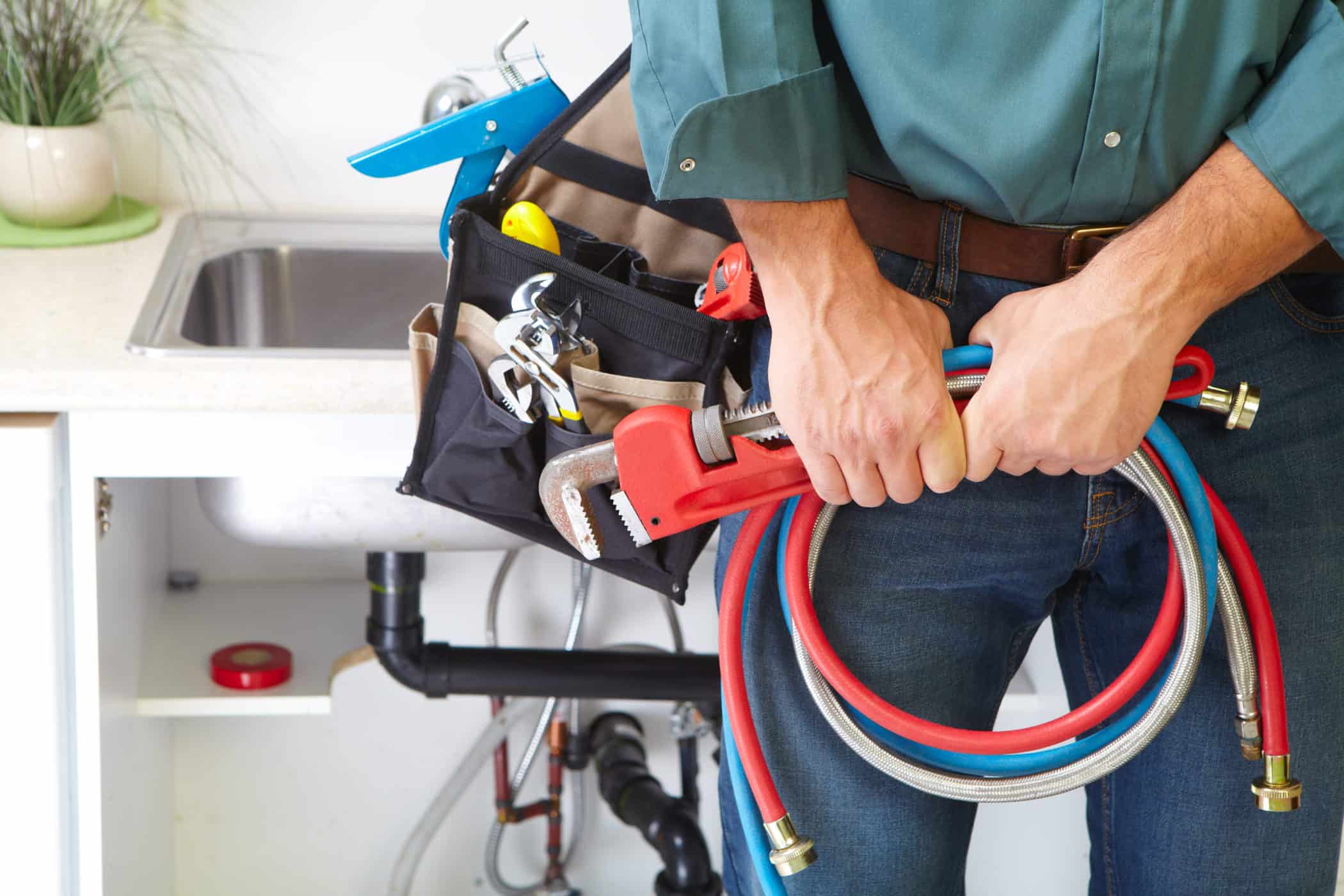
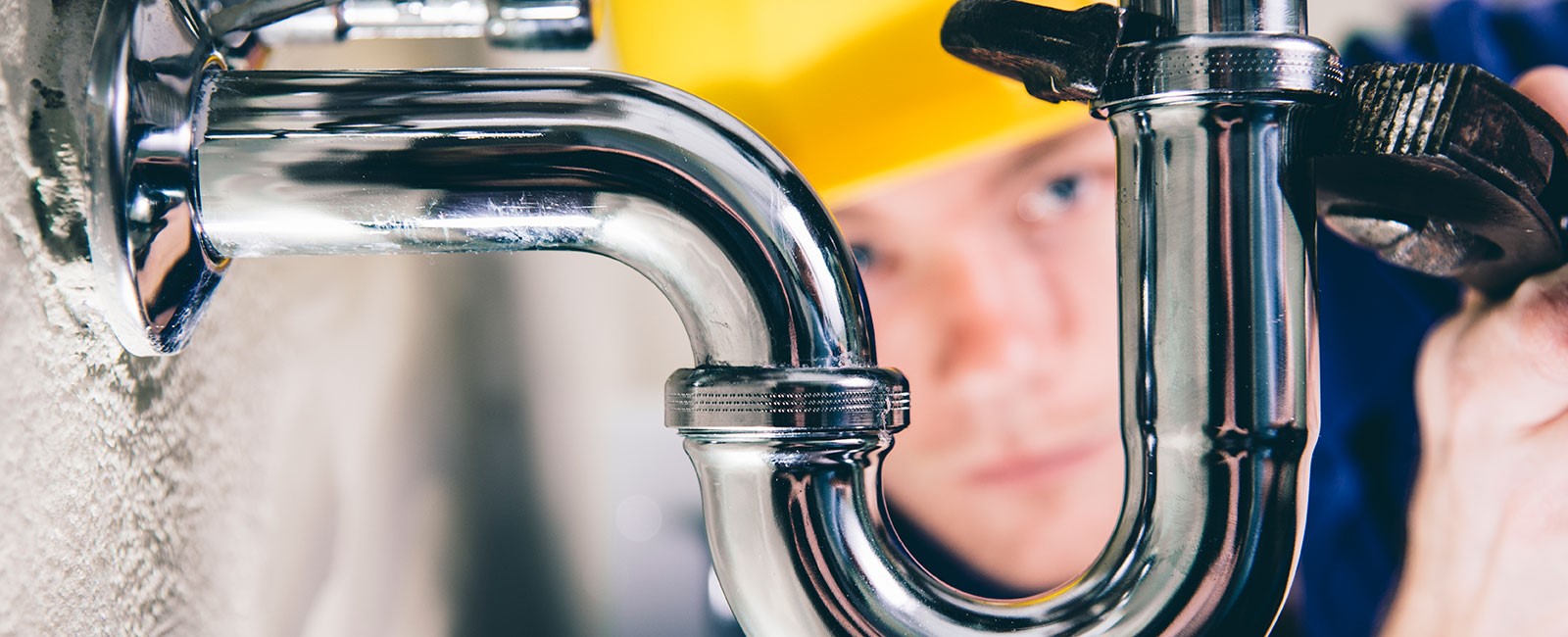

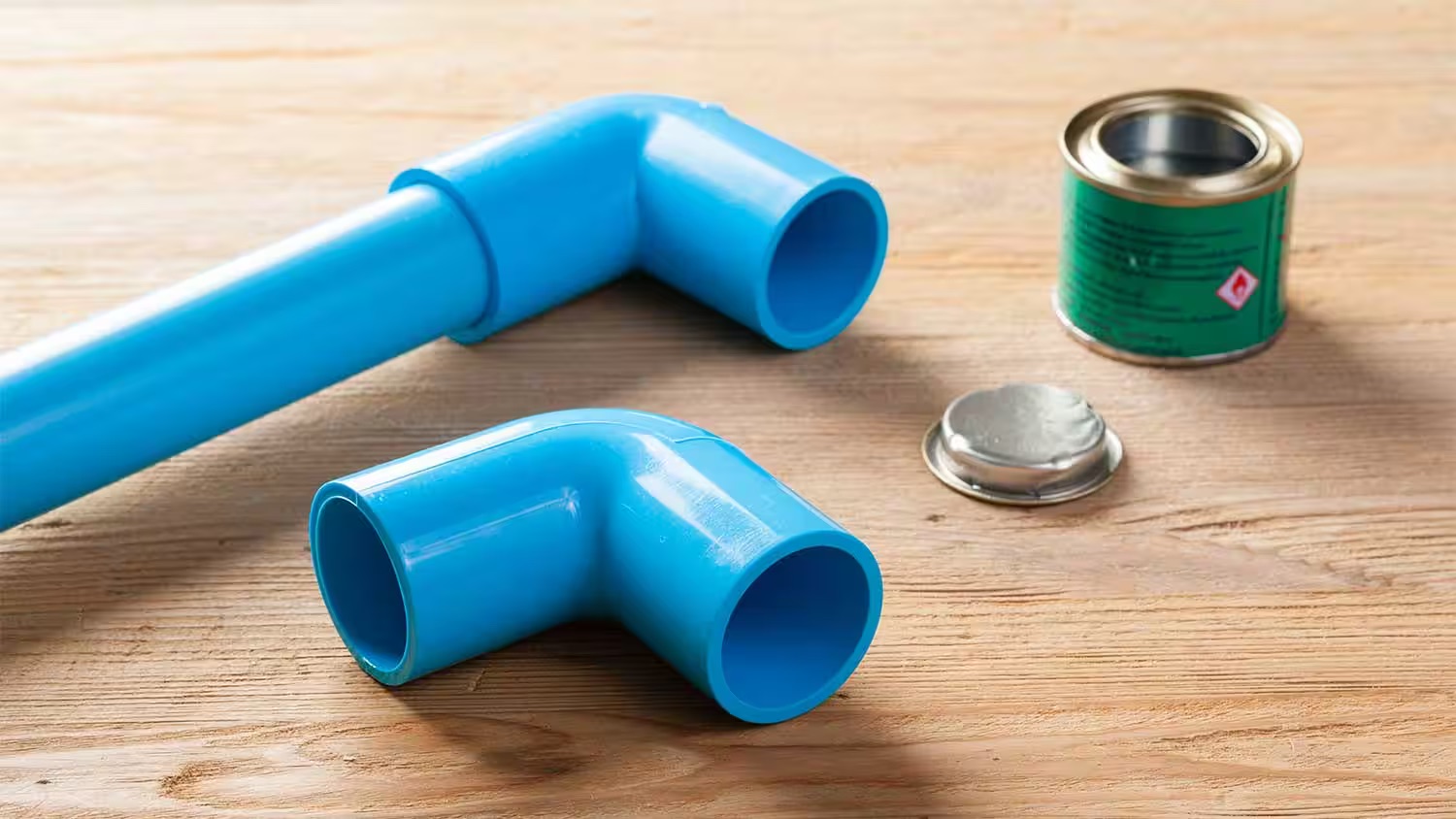
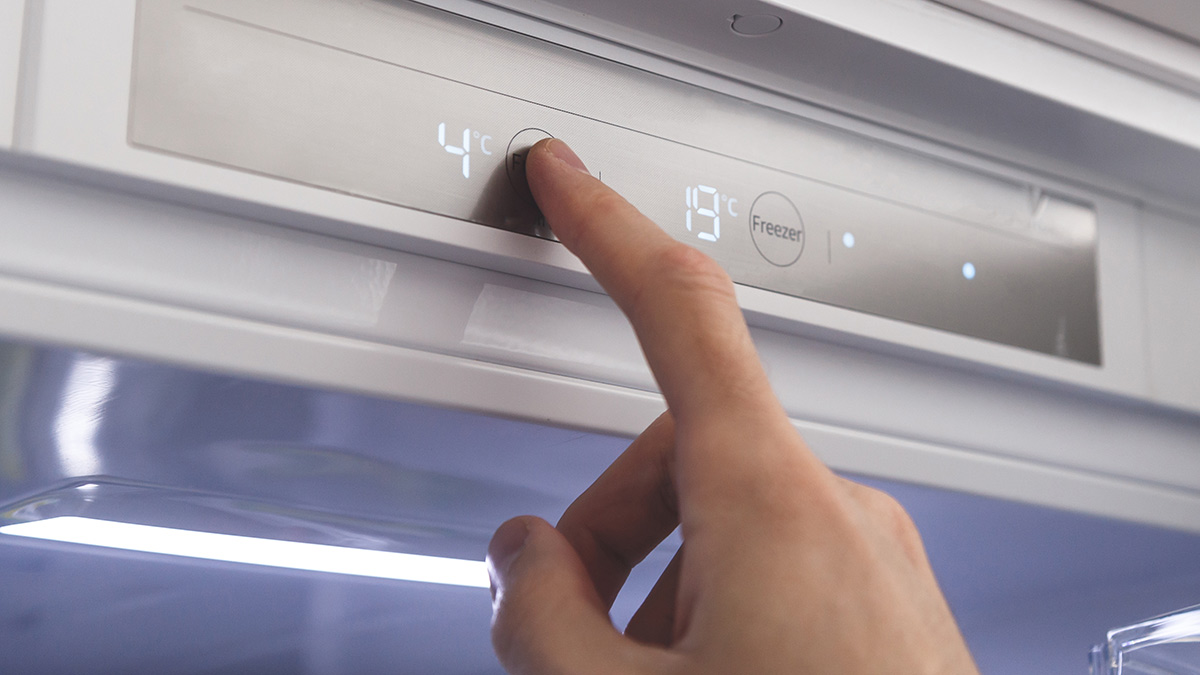
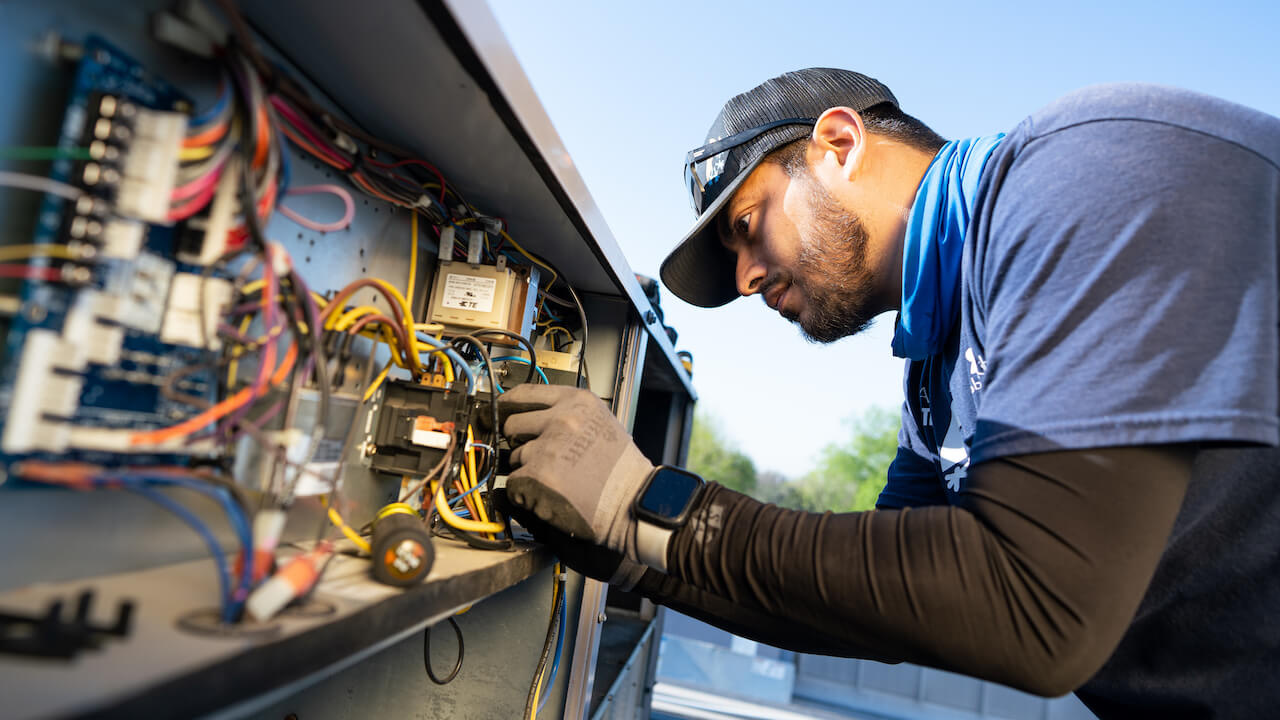
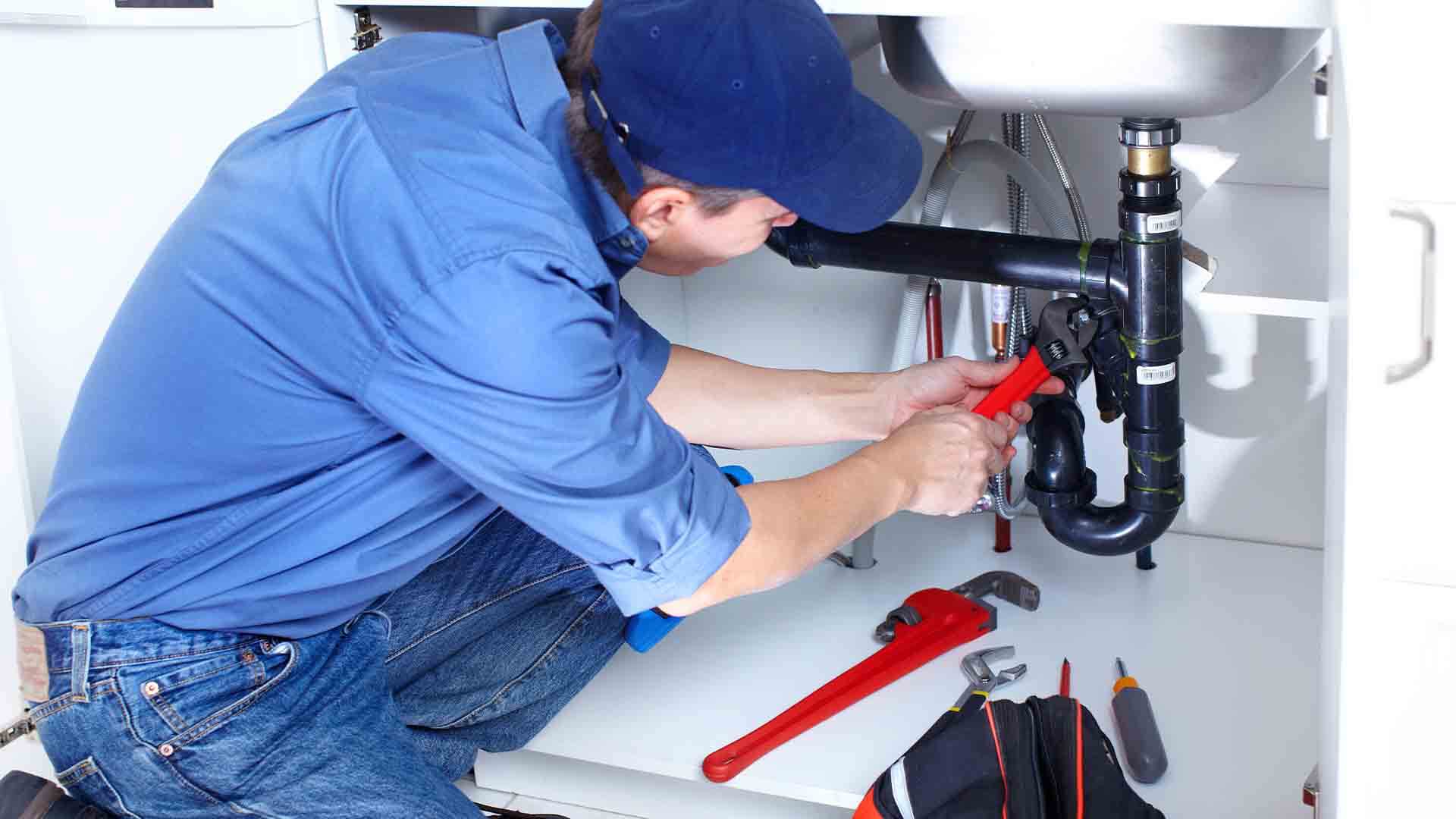
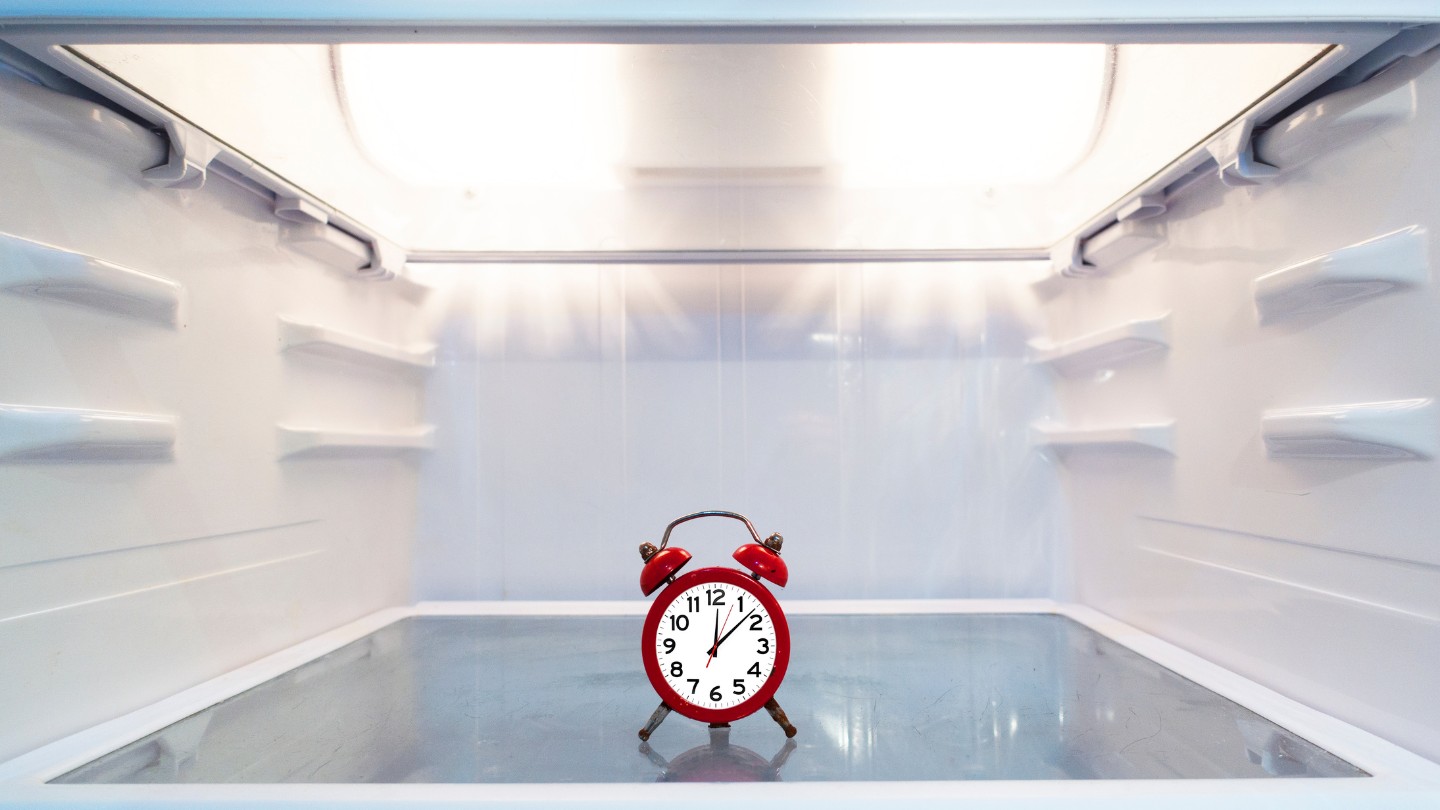
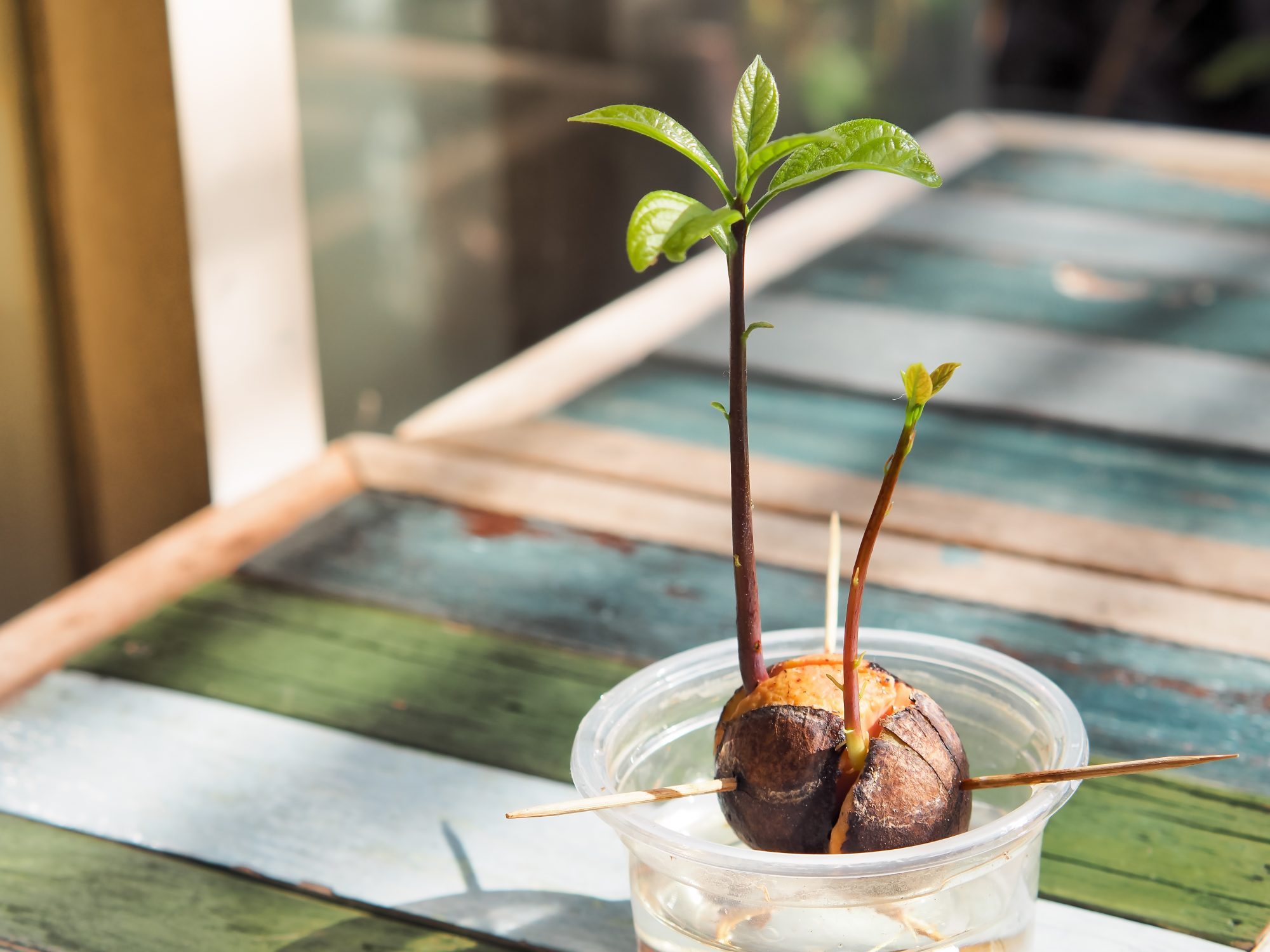
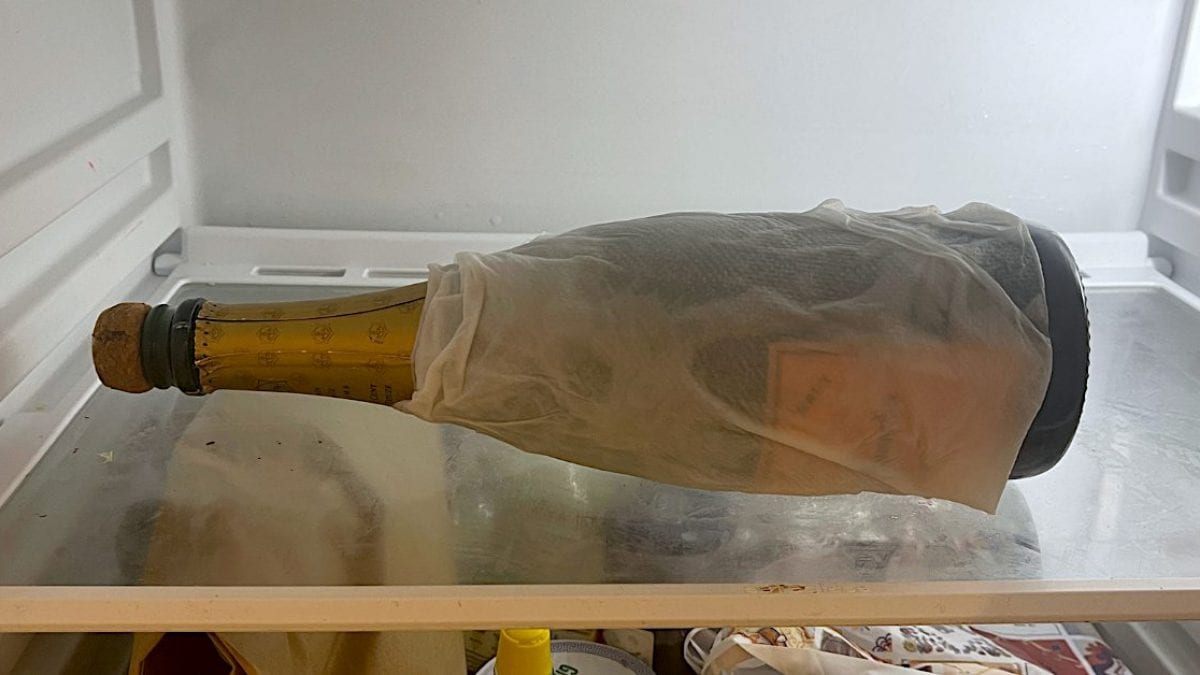
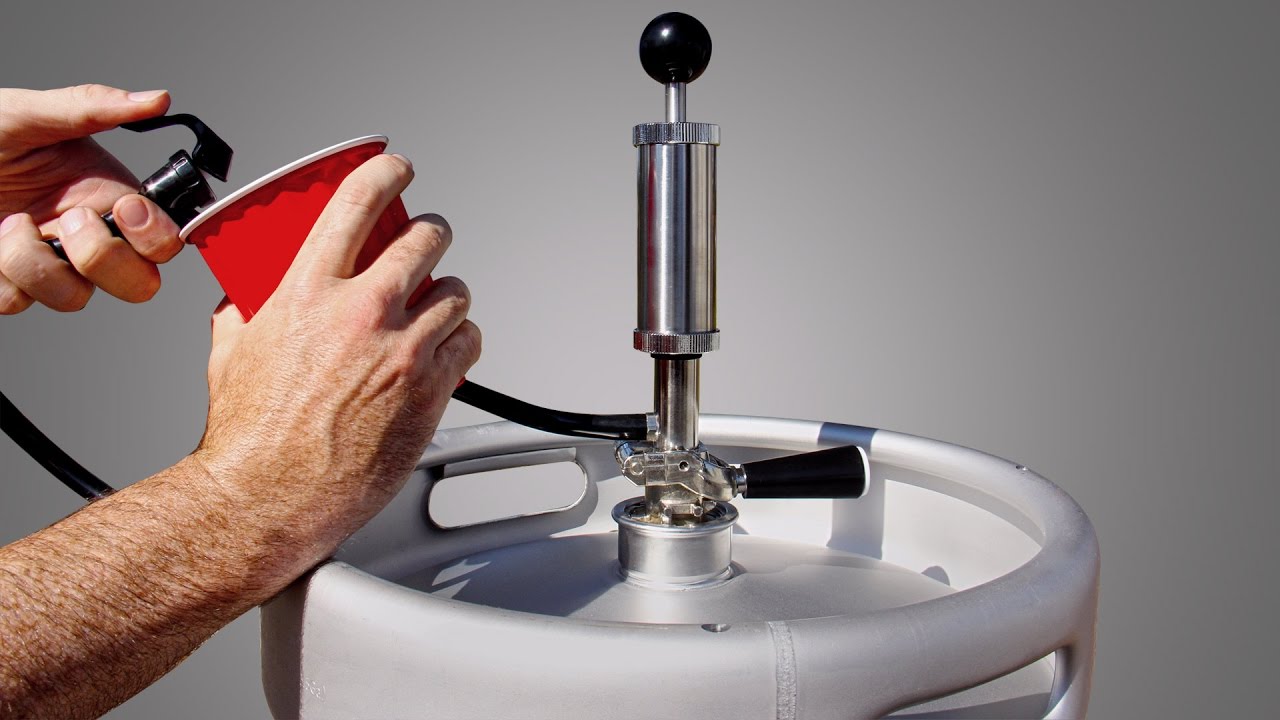

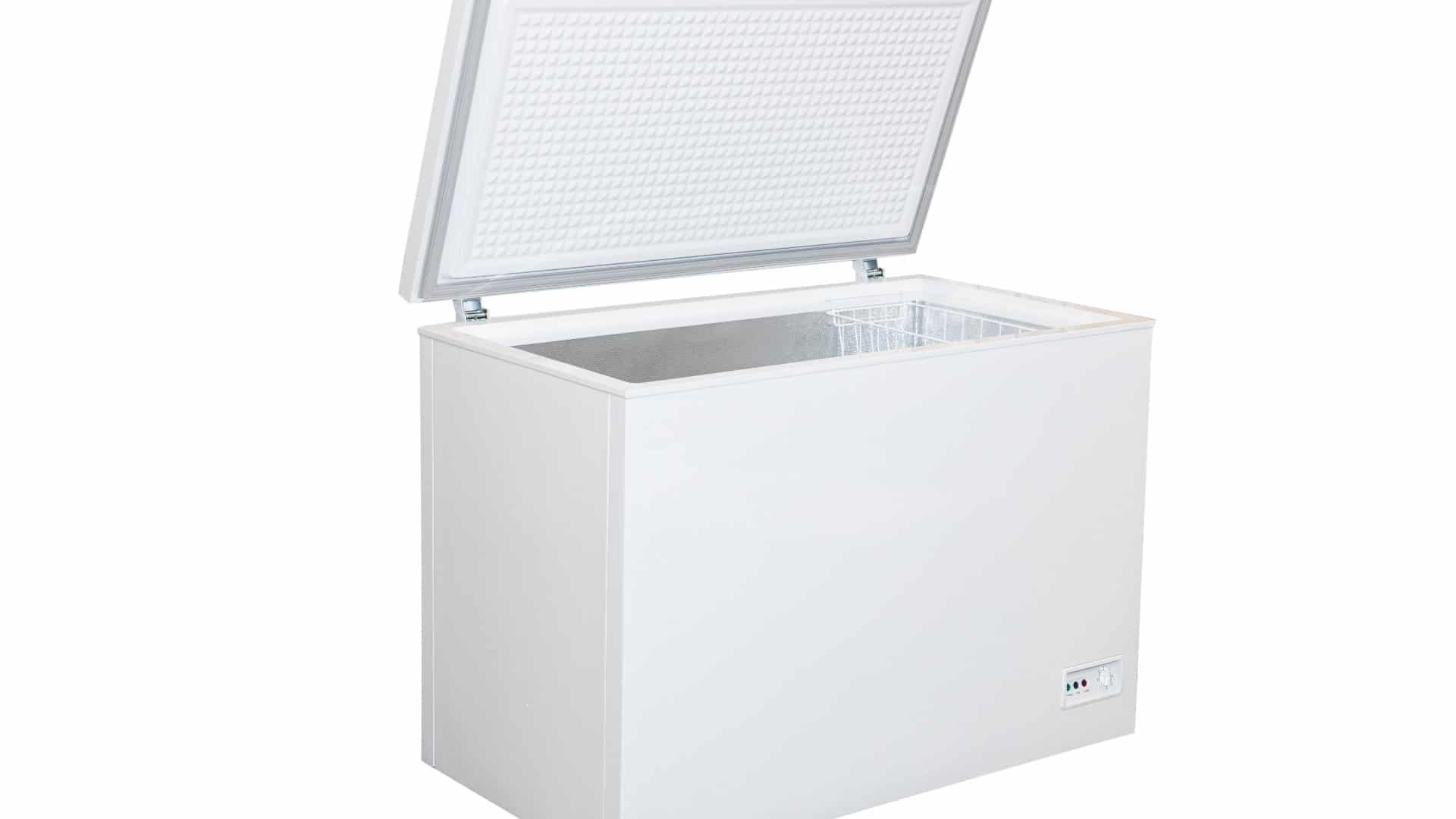

0 thoughts on “How Long Does It Take To Get Plumbing License”